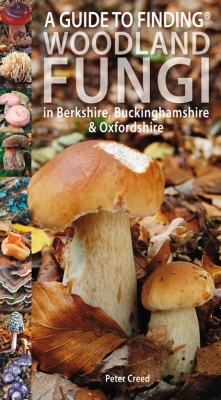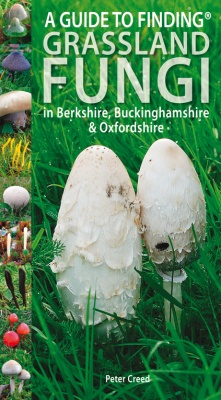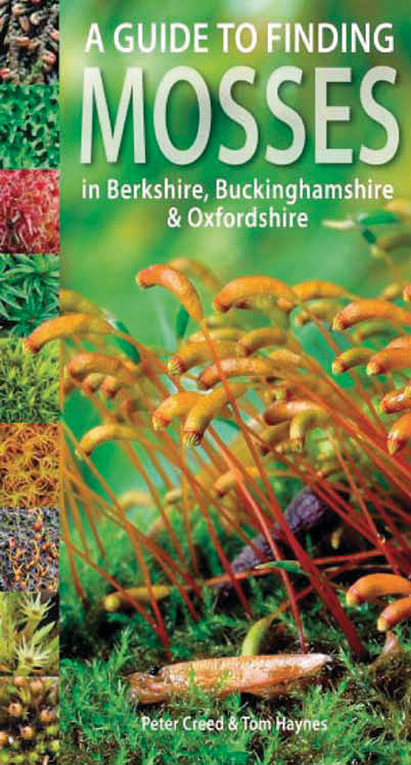Many of England's wild flowers have become much scarcer in the last century. In Oxfordshire, cornfield flowers are disappearing and most grasslands now lack colour. This book gives detailed information about 274 species found to be threatened in Oxfordshire, and will help the reader find them.
The many colour photographs aid identification, species accounts give national distribution, rate of decline/increase, local habitat and biology, and cite any efforts that have been made for conservation; maps are included for some species. This valuable book suggests how the botanical heritage of Oxfordshire can be maintained and what readers can do to help achieve this.
It includes two Rare Plants Registers, as advocated by the Botanical Society of Britain and Ireland (BSBI), comprising species found to be nationally or locally rare or scarce. One covers the administrative county of Oxfordshire including the Vale of the White Horse; the other is of vice-county 23 (Oxfordshire), approximately the pre-1974 county. Species studied are virtually all natives or archaeophytes. The causes of decline, distribution by habitat, species worst affected, and the possible impacts of future developments and climate change are all discussed.
The three authors, Susan Erskine, John Killick and Camilla Lambrick are local field botanists; John is co-author of The Flora of Oxfordshire (1998) and Susan and Camilla have contributed to the conservation of local threatened species. Ellen Lee from Thames Valley Environmental Records Centre has masterminded the botanical records and maps. The authors are pleased to include a section on stoneworts by Phil Cutt, and a foreword by David Pearman, botanical author and past president of BSBI. Recording for the tables took place in 2000–2011 and the results were compared with records in The Flora of Oxfordshire and elsewhere.



.jpg)
.jpg)
.jpg)
.jpg)
.jpg)

.jpg)
.jpg)
.jpg)
.jpg)
.jpg)